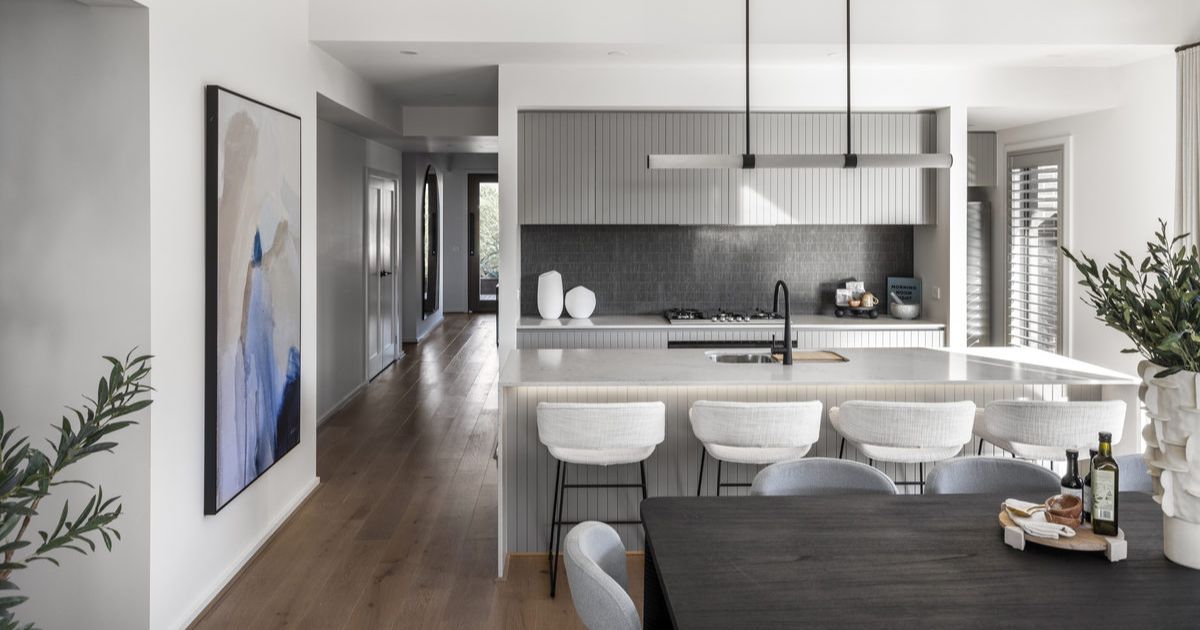Peak body calls for contract changes

Following the collapse of two builders recently, Master Builders Victoria is seeking changes to the way home construction contracts are structured.
Master Builders Victoria is calling for an urgent review of Victoria’s Domestic Building Contracts Act in the wake of yet another high-profile building company collapse.
Recently liquidators were called in when one of the nation’s largest home builders, Porter Davis collapsed leaving 1500 unfinished projects in Victoria and 200 more in Queensland.
A further 779 customers who had signed a contract and paid a deposit were also affected, along with 410 staff who were made redundant last Friday morning.
Master Builders Victoria interim CEO Michaela Lihou, has called for a review of the Domestic Building Contracts Act saying the current lack of flexibility in fixed priced contracts is placing an unrealistic stranglehold on builders, which also ultimately negatively impacts consumers, rather than protecting them.
“The rigid lack of flexibility in these contracts, on top of supply, skills and labour shortages, as well as inflation and interest rate rises are continuing to impact the building and construction industry,” she said.
“MBV wants to see an urgent review of the Domestic Building Contracts Act (1995) to include cost escalation clauses and to review the staged payments.
“Our argument is simple. A review of a contract, which may include some fair and reasonable price rises based on data, is better than an unrealistic fixed contract which drives a builder into a wall.
“Nobody wins when a builder collapses, obviously including consumers who clearly aren’t being protected by fixed contracts when they end up with an unfinished build or no home.”
Ms Lihou said the current payment structure within the building and construction industry also needed to be reviewed to better reflect how builders deal with current industry challenges and their impacts on cash flow.
The act currently outlines payment percentages for projects valued at more than $20,000 depending on the stage of the build: a deposit of 5 per cent, 10 per cent at the base stage, 15 per cent when then frame goes up, 35 per cent at lock-up, 25 per cent come fixing, and a final payment of 10 per cent.
“The shortages in labour and materials slow down the building process and also the stages where builders can legally ask for payment, which challenge a business’s cashflow and potential viability,” Ms Lihou said.
“Now is the time to review those locked in percentages to better reflect current building practices and what builders realistically need to undertake projects and keep them moving, right through until they’re delivered.”
Ms Lihou also said despite the challenges throughout the pandemic, the building and construction industry has largely remained strong and resilient.
“The building and construction industry is the backbone of the state’s economy, contributing to more than 56 per cent of Victoria’s state taxation revenue and supplying the equivalent of more than 12 per cent of our gross state product,” she said.
“But there is no denying it is tough and will continue to be so until we have a system and legislation that adequately and realistically reflects how the industry operates.
“Consumers obviously need to be protected, but the current system just isn’t working, and a review is urgently needed.”


















